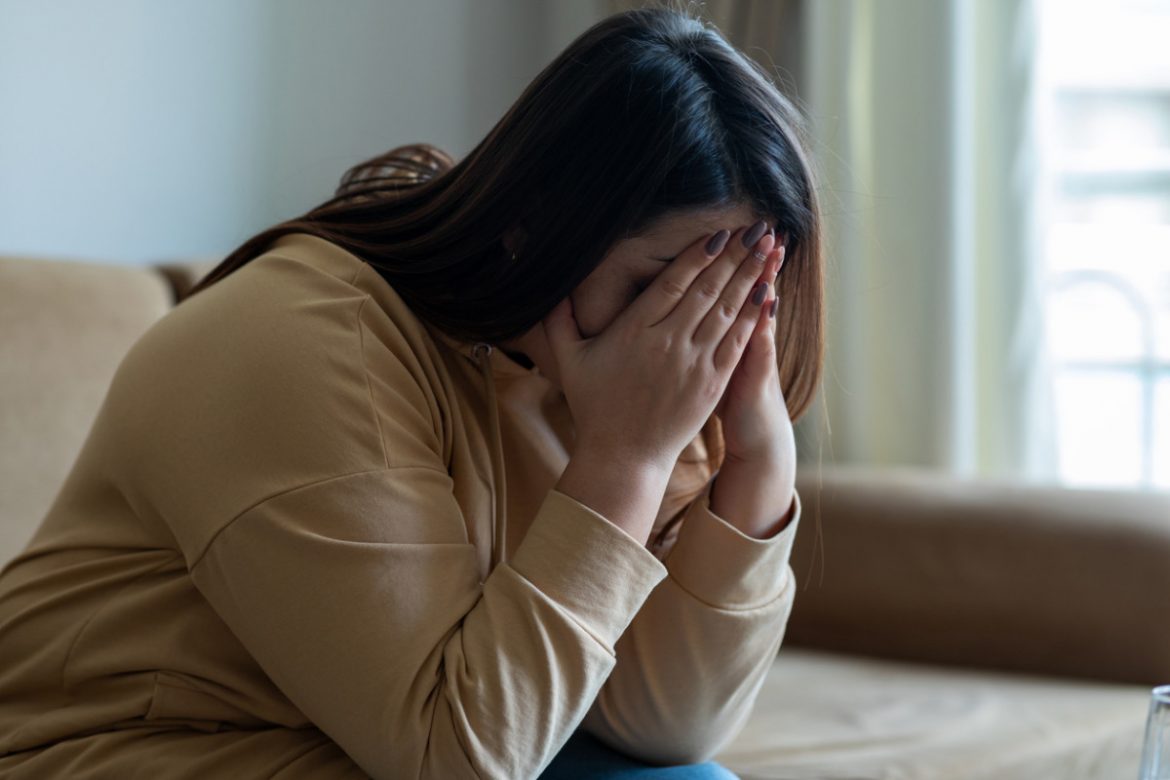- Treatment-Resistant Depression (TRD) affects a significant percentage of adults with major depression, with symptoms that often don’t respond to treatment.
- TRD can have more severe and longer-lasting symptoms, along with a higher risk of suicidal ideation and behaviour.
- Prevention for treatment-resistant depression (TRD) includes a healthy lifestyle, stress management, regular monitoring, social support, avoiding substance abuse, and raising awareness about depression.
Managing depression is difficult for people, sometimes it may not seem possible to recover from depression with the help of anti-depressants and the symptoms may keep recurring. This may be due to a different variation of depression called Treatment-Resistant Depression (TRD).
This condition is not uncommon; a significant portion of adults diagnosed with major depression contends with symptoms like enduring sadness, disrupted sleep patterns, reduced vitality, and contemplation of self-harm or suicide, all of which remain unresponsive to treatment. According to Cleveland Clinic, this type of depression affects 5% to 17% of people at some point in their lives.

Jaskaran Singh, Senior Director of Neuroscience, Janssen Pharma, Johnson & Johnson explains TRD,
“Although there is some disagreement as to how to define treatment-resistant depression, a patient is generally considered to have it if the individual hasn’t responded to adequate doses of two different antidepressants taken for a sufficient duration of time, which is usually six weeks.”
Symptoms of Treatment-Resistant Depression
Individuals afflicted with treatment-resistant depression (TRD) exhibit identical symptoms to those with major depressive disorder, such as sense of sadness, disruptions in sleep patterns, and alterations in appetite.
As per the Cleveland Clinic, individuals grappling with TRD are at a higher likelihood of experiencing:
- More severe symptoms.
- Depressive episodes that last longer.
- Anhedonia (reduced ability to experience pleasure).
- A higher number of lifetime depressive episodes.
- Anxiety.
- Suicidal ideation and behaviour
Causes of Treatment-Resistant Depression
The exact cause of treatment-resistant depression (TRD) remains unclear, as depression itself is influenced by various factors like genetics and brain chemistry. Researchers believe that chronic stress might be a contributing factor to TRD by affecting the functioning of your hypothalamic-pituitary-adrenal (HPA) axis. The HPA axis plays a crucial role in adapting to stress. Prolonged and severe stress can make depression worse, making it harder to treat.
Treatment Options
The treatment of treatment-resistant depression involves various approaches.
- Allow more time to assess the effectiveness of your current antidepressant.
- Consider increasing the dosage of a primary antidepressant.
- Introduce a different class of antidepressant, resulting in the use of two distinct types.
- Suggest consultations with a psychologist for psychotherapy. Finding a therapist you connect with might take time, and there are diverse psychotherapy options available.
If these approaches prove ineffective, the psychiatrist is likely to propose alternative medications or a combination of treatments. The FDA has approved five medications for treating TRD:
- Aripiprazole
- Brexpiprazole
- Quetiapine
- Olanzapine
- Esketamine nasal spray
Additional treatment options for TRD encompass procedures like electroconvulsive therapy (ECT) and noninvasive repetitive transcranial magnetic stimulation (rTMS). They also include interventions such as deep brain stimulation, lithium in combination with antidepressants, MAOIs for specific cases, pramipexole for potential relief, and vagus nerve stimulation.
Also Read:
Pill for Postpartum Depression is a Game Changer for Women’s Health
Prevention for treatment-resistant depression (TRD)
- Healthy Lifestyle: Promote regular exercise, balanced nutrition, and adequate sleep for improved mental health.
- Stress Management: Teach stress-coping techniques like relaxation exercises and mindfulness to mitigate chronic stress.
- Regular Monitoring: Periodic mental health check-ins to detect early signs of depression.
- Social Support: Encourage strong social connections and reaching out to friends and family for emotional support.
- Avoid Substance Abuse: Discourage excessive alcohol and drug use, which can worsen depression.
- Education and Awareness: Raise awareness about depression, reduce stigma, and foster open communication for early intervention.
